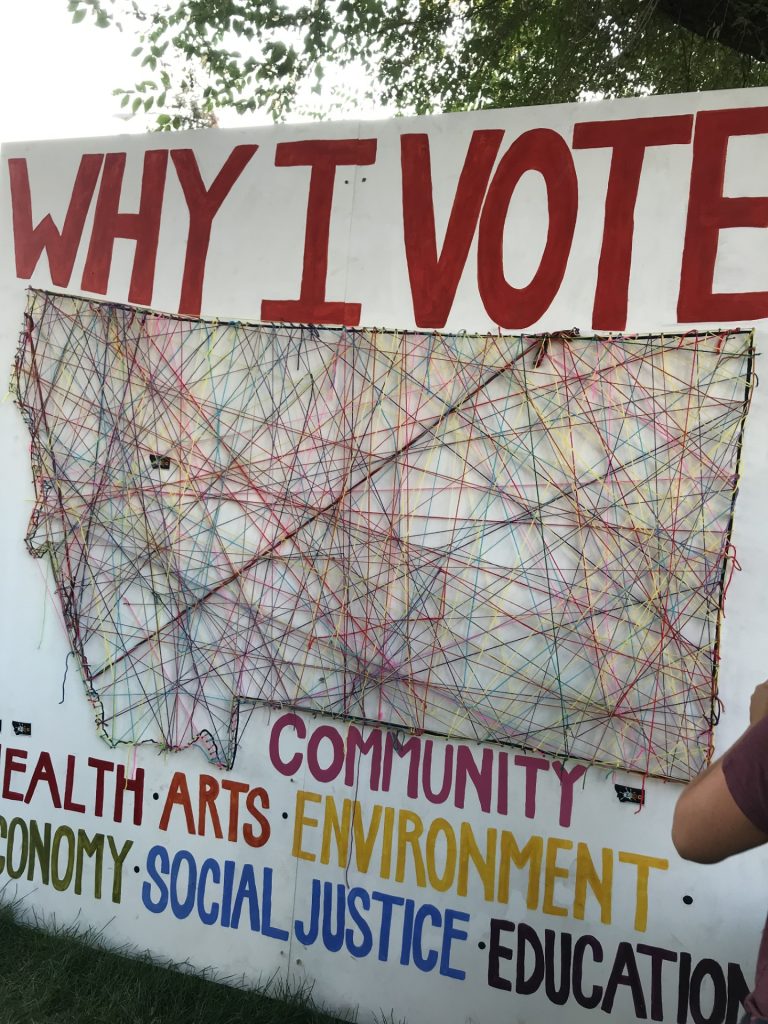My father taught high school history for thirty-seven years. He taught, as he used to say, “the book.” He loved history and wanted his students to love it too, but he often lamented that they didn’t share his zeal. In hindsight, his frustration highlights an important lesson for all historians and teachers: it is not enough to present knowledge from the top down. We must meet our students, communities, and co-authors where they are. History — like teaching — has to resonate with the lived situations of its audiences in order to matter.
This lesson is at the heart of Michael Frisch’s ongoing work on shared authority. In his early collection A Shared Authority (1990), Frisch emphasized that oral history produces unique documents precisely because “both source and subject are involved in generating and interpreting the data” (p. 226). Authority, in other words, is already distributed. More recently, in From a Shared Authority to the Digital Kitchen and Back (2020), Frisch sharpened the distinction: sharing authority implies that scholars own it and may choose to distribute it, while a shared authority recognizes that meaning-making “is in fact shared by definition—it is inherent in the dialogic nature of an interview, and in how audiences receive and respond to exhibitions and public history interchanges in general” (Frisch, 2020, p. 127).
This framing resonates with my position as a practice professor in a law school, where “experience” is often treated as distinct from (ahem…even lesser than) “expertise.” Frisch’s work insists that this is a false dichotomy. As he puts it, we must recognize “the already shared authority in the documents we generate and in the processes of public history engagement—a dialogic dimension, however implicit, through which ‘author-ship’ is shared by definition, and hence interpretive ‘author-ity’ as well” (Frisch, 2020, p. 128). My colleague Rachel López’s “Participatory Law Scholarship” similarly challenges the hierarchy between professional knowledge and lived knowledge, inviting those who have experienced law’s injustice to co-author scholarship. Such models remind us that lived experience is not supplementary to expertise but constitutive of it.
Frisch’s attention to the possibilities of digitization underscores how the structures of access themselves shape authority. He describes the historical distinction between the “raw” (the unmediated recordings of oral histories) and the “cooked” (the curated, edited interpretations published for academic or public consumption) (2020). Digital content management, he argues, creates an “in-between” space: “These new modes of access make the raw collection a legible and explorable hub, and in so doing make the framing and fabrication of usable cooked products more dispersed as a capacity and more open-ended, fluid, and continuous as a process” (Frisch, 2020, p. 130). This “post-documentary sensibility” creates “more open-ended, less linear, and hence a more sharable space” (Frisch, 2020, p. 130).
Yet, even digital access is constrained. Search tools, Frisch warns, are funnels — they demand that users know what they are looking for in advance. What is lost is the possibility of stumbling across new insights by accident. As he notes, “dutiful provision of answers can only be as good as the questions” (Frisch, 2020, p. 132). This recalls Chris Matthews’s lament (as a panelist on Meet the Press more than a decade ago) that the shift from print to digital newspapers deprives readers of the serendipity of flipping pages, of “happening upon” what they did not know they wanted to know. For oral history, the challenge is how to design archives that allow for wandering, exploration, and discovery, rather than simply retrieval.
The stakes of these questions are not new. In their proposal for Philadelphia’s 1982 tercentennial celebration, Frisch and his colleagues envisioned interactive programming that would allow residents to discover and interpret their own urban history (Frisch, 1990). They hoped to produce “not a more controlled and formulaic presentation but one open to genuine interaction, playful spontaneity, and substantive shaping by the people of Philadelphia themselves” (Frisch, 1990, p. 229). The National Endowment for the Humanities rejected the idea, claiming a street festival was “not a serious locale for historical presentation” (Frisch, 1990, p. 233). In the end, the project was pared down — “dumbed down,” my phrasing, not Frisch’s — and stripped of its most radical potential. Yet participants consistently found the interactive elements most engaging, demonstrating that “interpretation could be an active and shared process and that the very ‘author-ity’ of historical understanding could in this way be a self-discovered and self-generated public resource in an urban community” (Frisch, 1990, p. 238).
These lessons remain pressing. Whether in oral history, legal scholarship, or classroom teaching, the point is not merely to share authority as an act of generosity, but to recognize authority as already shared. The challenge, as Frisch insists, is to design archives, classrooms, and institutions that acknowledge and sustain that dialogic fact. My father’s frustration that his students did not love history as much as he did was perhaps misplaced. The question is not whether students bring zeal to the book, but whether teachers — and scholars — are willing to bring the book, the archive, or the case file into conversation with students’ own lived worlds. Only then can history feel like it belongs to them.
